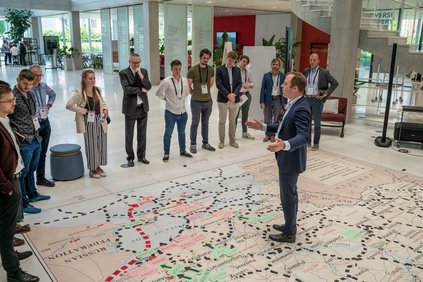Background - 19.09.2023 - 08:00
International Symposium: Many questions and a few answers about the future of universities
Which path should universities take? How can they fulfil their mission to educate individuals capable of addressing pressing issues such as climate change, biodiversity loss, and conflicts? These questions were at the heart of a symposium marking the 125th anniversary of the University of St.Gallen.

Welchen Weg sollen Universitäten einschlagen? Wie werden Sie ihrer Aufgabe gerecht, Menschen auszubilden, die drängende Probleme wie Klimawandel, Artensterben und Konflikte lösen können? Diese Fragen standen im Zentrum eines Symposiums anlässlich des 125-jährigen Jubiläums der Universität St.Gallen.
Writer Lukas Bärfuss opened the symposium in the packed auditorium of the University of St.Gallen (HSG) with an artistic perspective. His time as an "Artist in Residence" at SQUARE had taught him a painful lesson: he had gained the impression that the university taught students how to accomplish tasks properly, but those who enjoyed the privilege of higher education should more often question whether they were doing the right things. For example, whether society's prosperity should be measured by different indicators other than economic growth. Bärfuss said, "We need growth, but it kills us by destroying our foundation for life: This realization is painful." He continued, "We cannot produce insoluble contradictions like this and then not address them. Shouldn't it be common sense that we need to rethink and change everything right now with regard to biodiversity loss and climate change?" He concluded with a plea to use literature as a source of imagination: "Because we need a clear picture of how we want to shape the future."
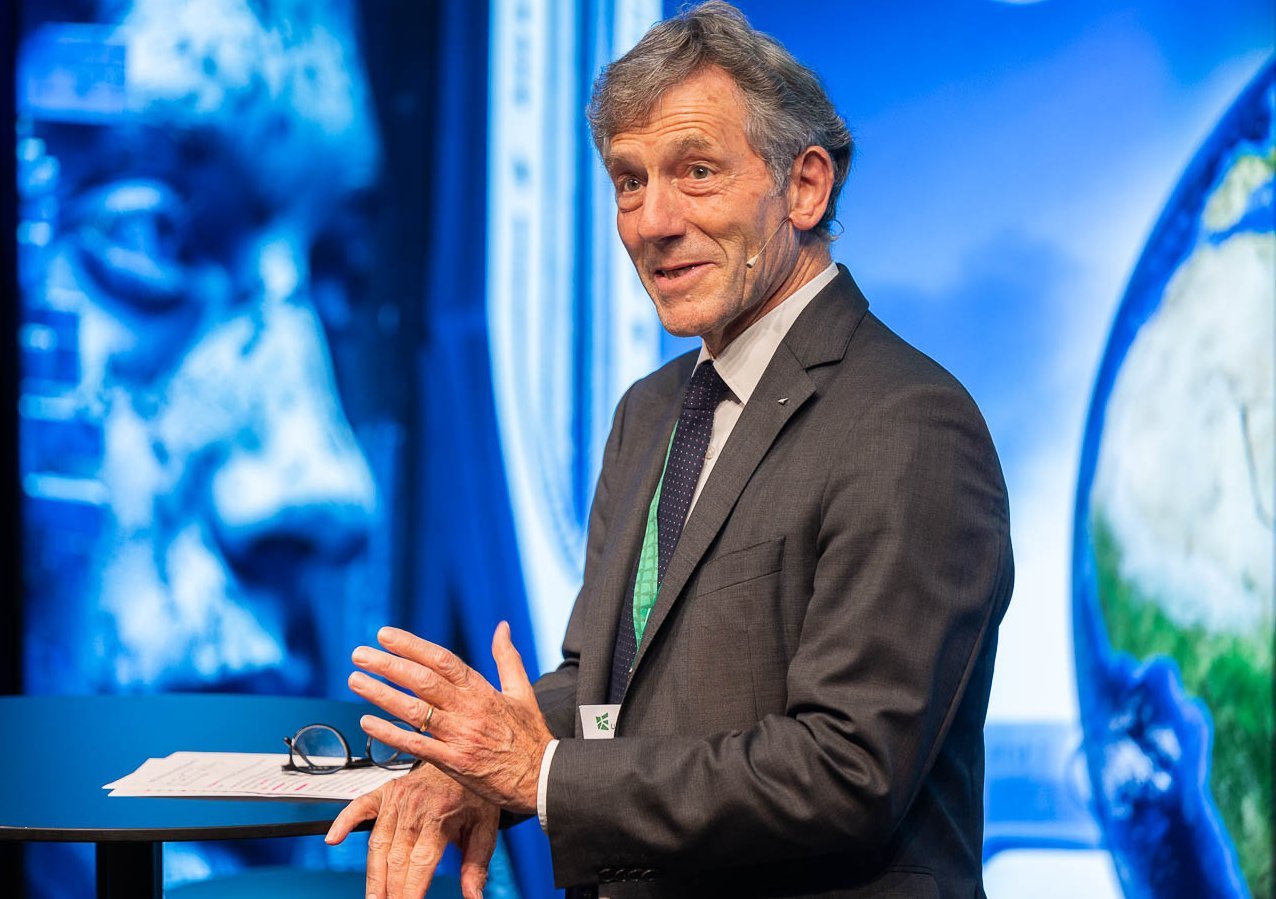
Less hierarchical, more interdisciplinary, and technical
Less hierarchical, more interdisciplinary, and technical
In his opening remarks, HSG President Prof. Dr. Bernhard Ehrenzeller looked back at the 125-year history of HSG and advocated for more equal exchange: "We should all be teachers and learners." The era of universities as monopolies of knowledge and higher education is over. "This is a healthy development because monopolies are neither useful nor sustainable." Mutual learning is also necessary across disciplines, which is why HSG plans to establish a Collegium in 2025: "With the St.Gallen Collegium, we will break down disciplinary silos and create space for interdisciplinary fellows to address the most pressing issues of our time."
In his presentation, Prof. Dr. Oliver Gassmann emphasized the significant impact of technology, especially on how we will teach and learn in the future. At the same time, he cautioned against excessive expectations. For example, Massive Online Open Courses, or MOOCs, were not the disruptive force many believed them to be. They did not achieve a "democratization of education" because the majority of MOOC participants already had a college degree. "Technology will never replace good teachers, but in their hands, it can bring about significant change," said Gassmann.
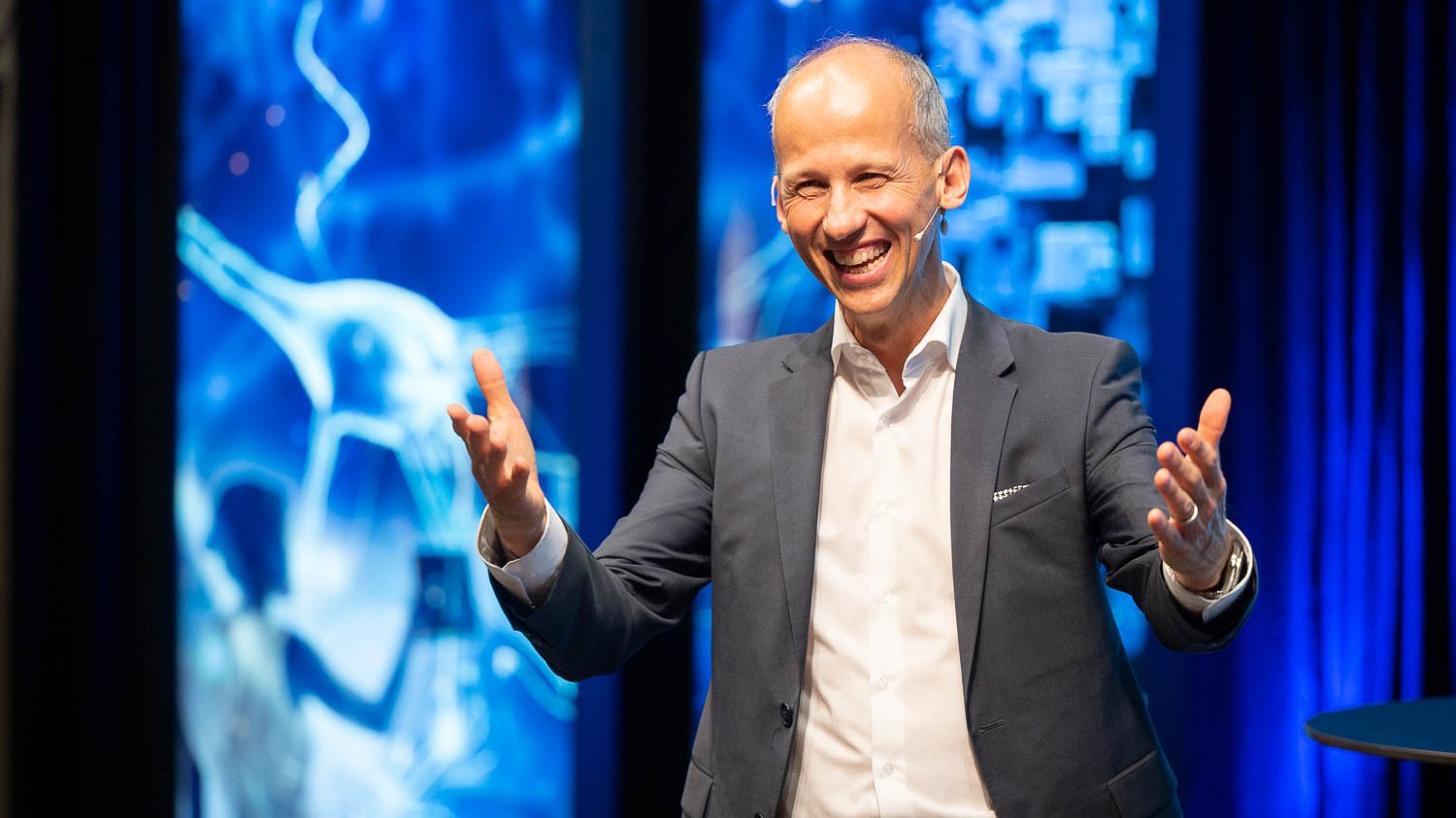
The importance of teaching
A high-caliber panel explored how knowledge institutions must evolve to prepare the next generation for the future. Prof. Dr. Daniel Traça from the Nova School of Business and Economics in Lisbon emphasized, "People at universities have the opportunity and the responsibility to reflect, change, and act." He addressed the audience, saying, "As university graduates, you have the knowledge to solve important problems in business and society. Change the world for the better!" Prof. Dr. Michael O. Hengartner, President of the ETH Board, advocated for outstanding teaching skills: "Good teaching is at the core of every university." In addition, Prof. Dr. Nikolaj Malchow-Møller, President of the Copenhagen Business School, suggested inviting more external experts to universities and creating lifelong learning opportunities for faculty members. WU Vienna President Prof. Dr. Edeltraud Hanappi-Egger also noted that, in addition to research, teaching should be more strongly supported through incentives. Rankings were predictably a topic of controversy: Oliver Gassmann advised not to blindly follow the ranking matrix and to lose sight of the institution’s purpose. Michael O. Hengartner expressed frustration with the one-dimensional nature of rankings in measuring the value of universities. Ultimately, the goal should be to be the best university based on one's own "raison d'être." Edeltraud Hanappi-Egger also expressed criticism, stating, "I would never choose rankings as a tool for internal decision-making."
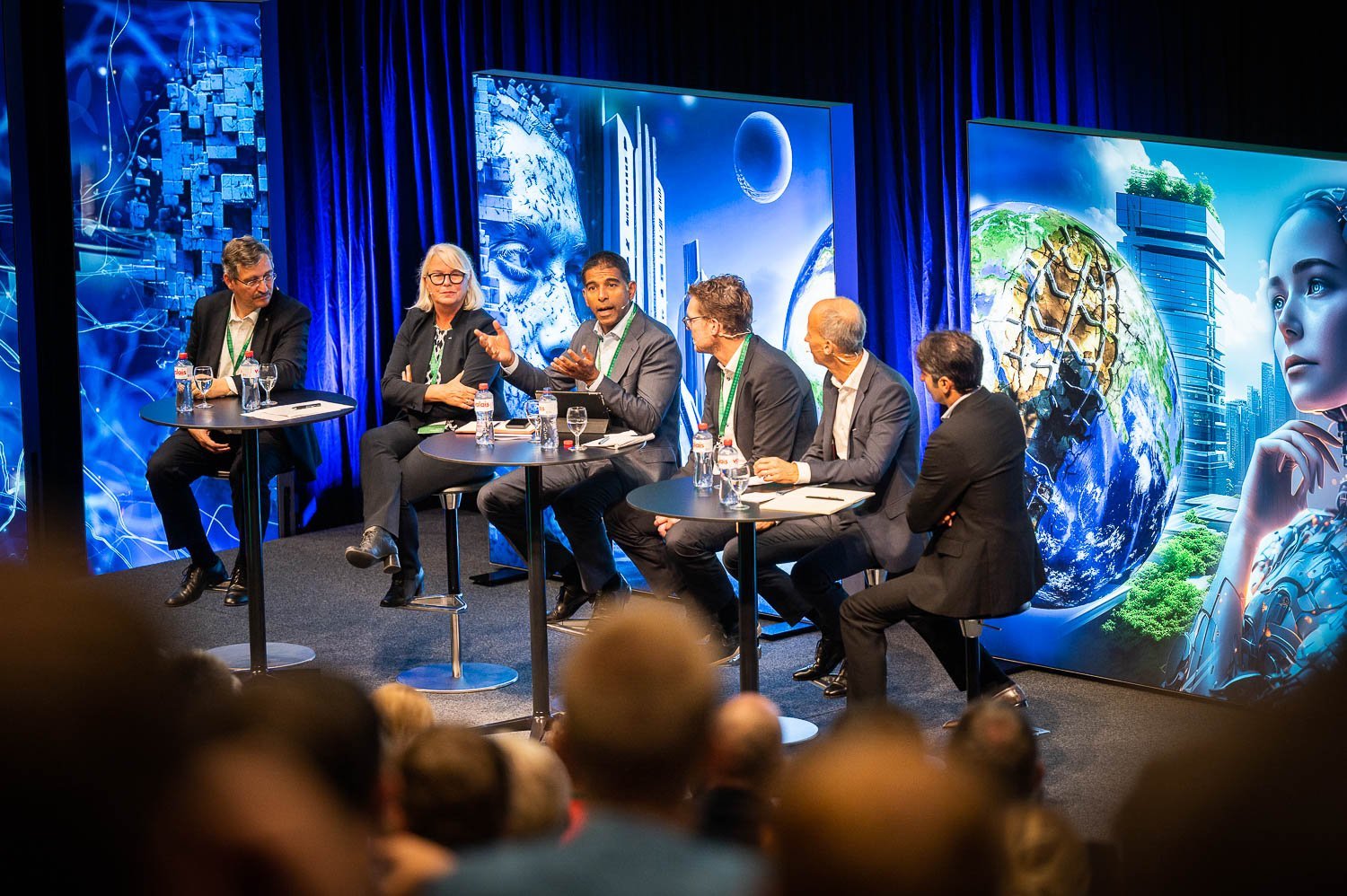
Workshops for the Advancement of Higher Education
Guests and speakers delved into various aspects of higher education development in eleven workshops during the afternoon. Discussions revolved around sustainability, AI in teaching, the type of economic understanding that should be taught, lifelong learning in the digital age, higher education in Asia and Africa, and the question of whether university education should focus solely on knowledge and personal development or also on the art of leading a flourishing life.
Doing more for sustainability
The final panel, led by Prof. Dr. Jamie Gloor, focused on sustainability. Panelists Prof. Judith Walls, Claire Shine, and Prof. Dr. Sascha Spoun agreed that climate change, biodiversity loss, and a lack of responsibility are the biggest problems. Claire Shine, former director of the Cambridge Institute for Sustainability Leadership, argued that universities must take on the role of "changemakers." Preparing students to tackle major challenges is, according to Judith Wahls, the raison d'être of universities. "Why else are we here?" Sasha Spoun emphasized the importance of research and teaching independence. Although the panel agreed that business schools, in particular, have made significant progress in sustainability in recent years, Claire Shine warned that progress must happen even faster. "Can we become more agile and participatory to help those on the front lines?" This was an exciting approach to think about the leverage of universities. There was consensus that the complexity of institutions and lengthy processes and procedures were hindrances. Nevertheless, they remained hopeful in conclusion, thanks in part to the new generation of students who are acutely aware of the major problems.
Images: Universität St.Gallen / Tomek Gola
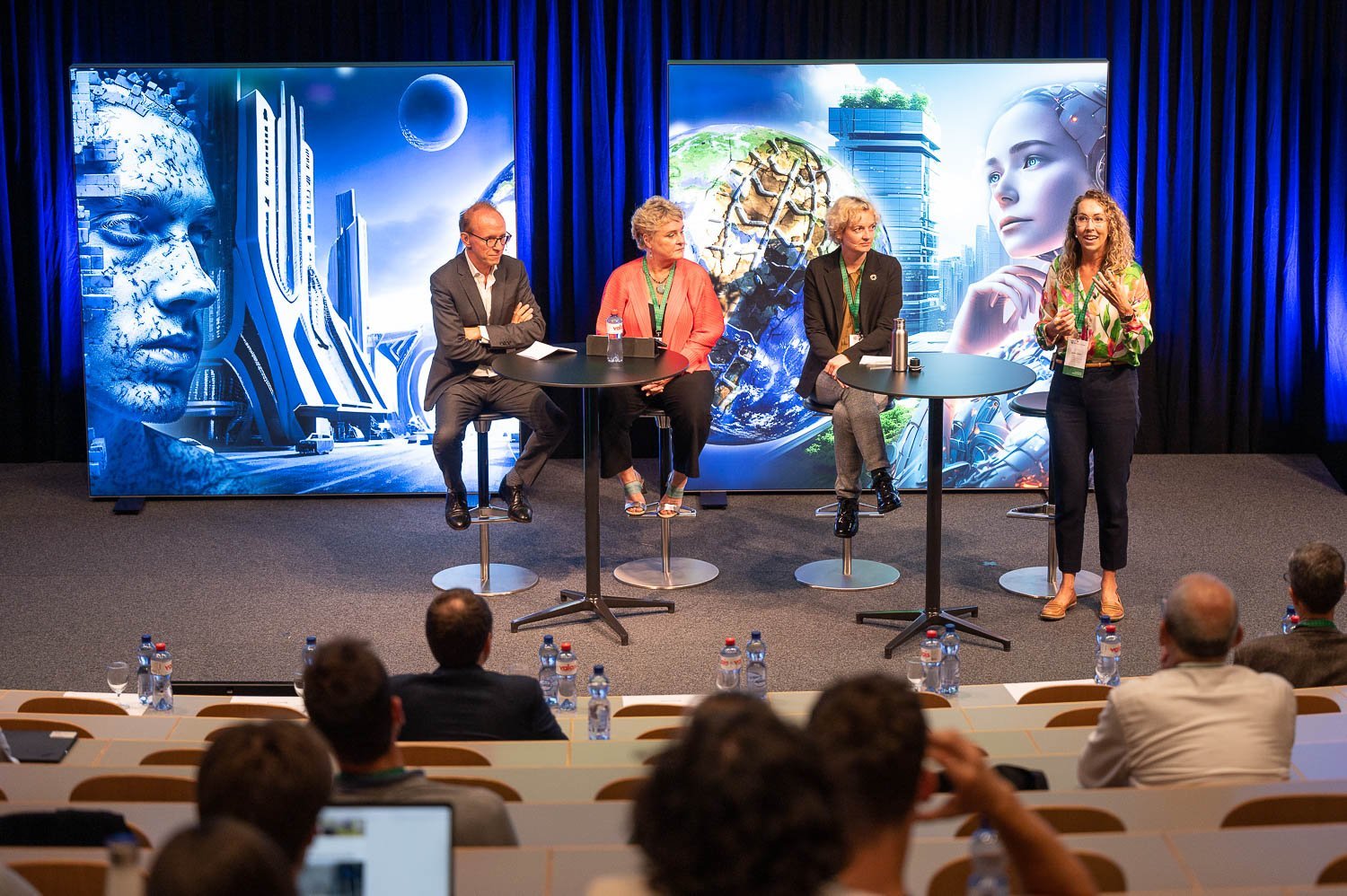
More articles from the same category
This could also be of interest to you
Discover our special topics

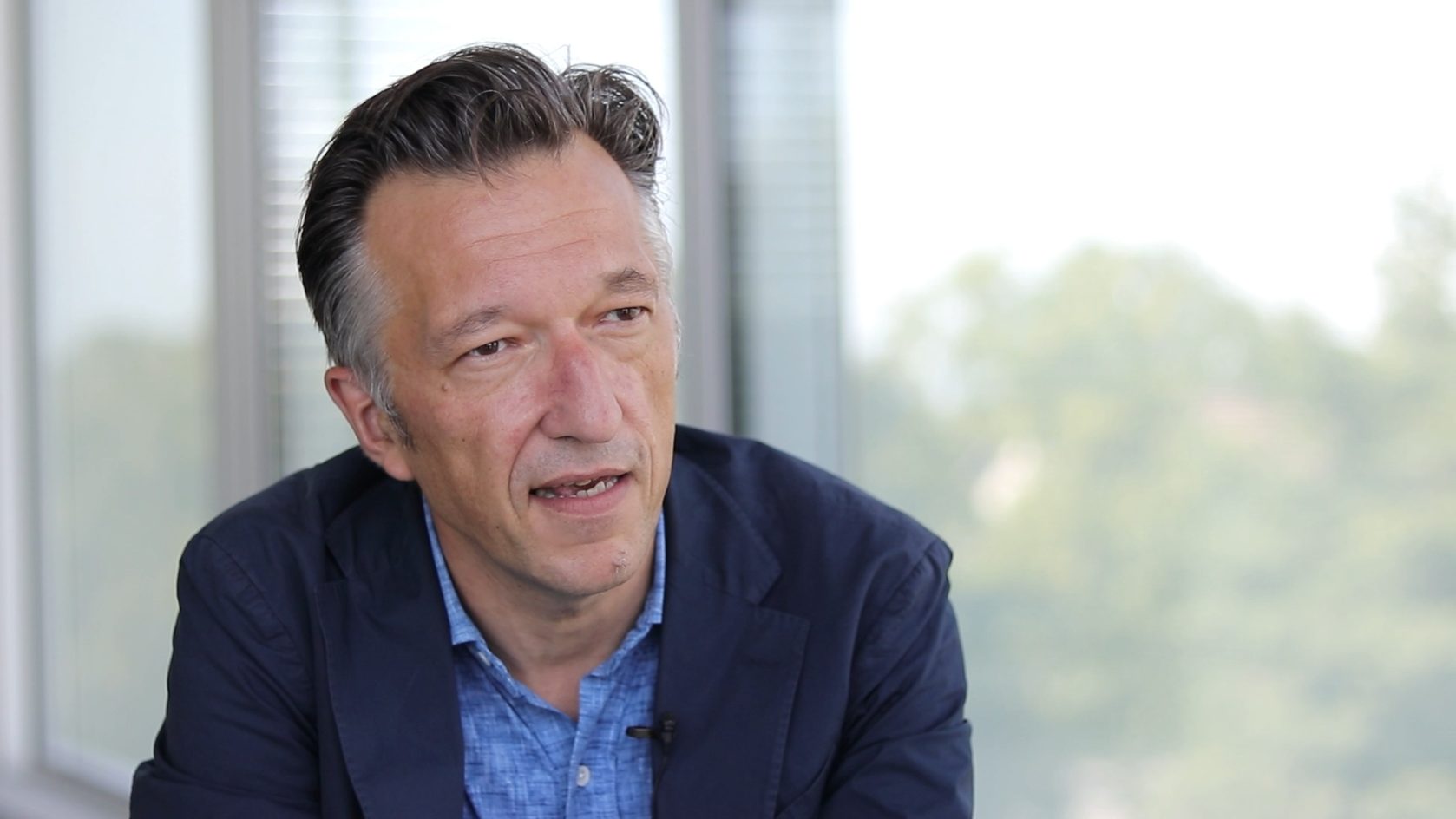



![[Translate to English:] Choix Goncourt de la Suisse | unisg.ch](https://www.unisg.ch/fileadmin/_processed_/b/a/csm_Choix_Concourt_de_la_Suisse_HT-Stibi-069_2110740678.jpg)


